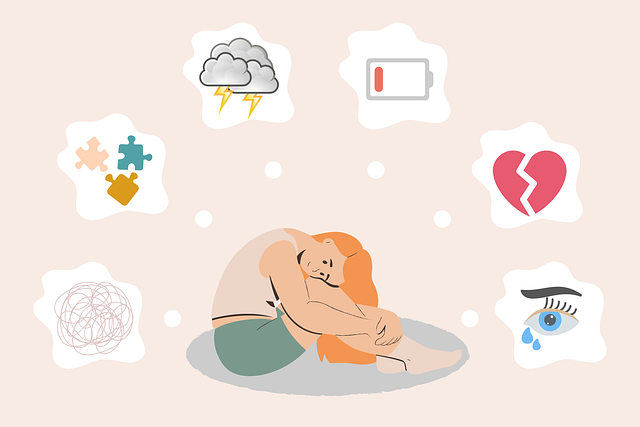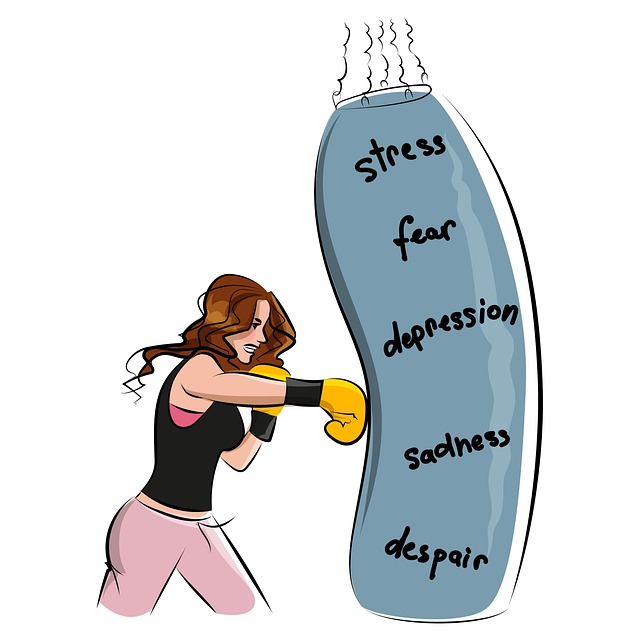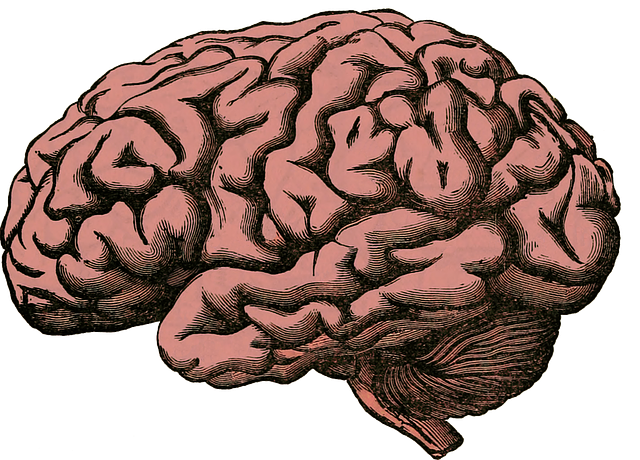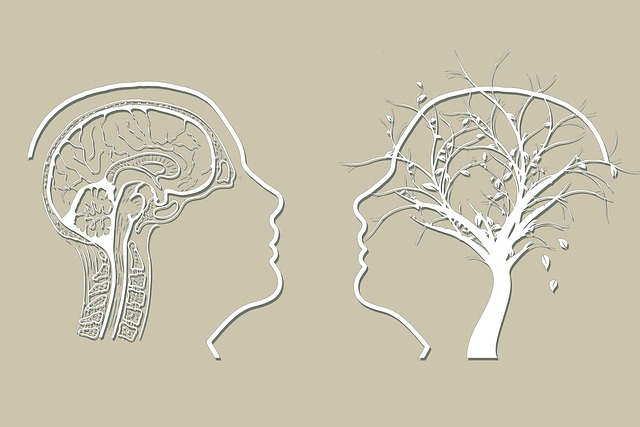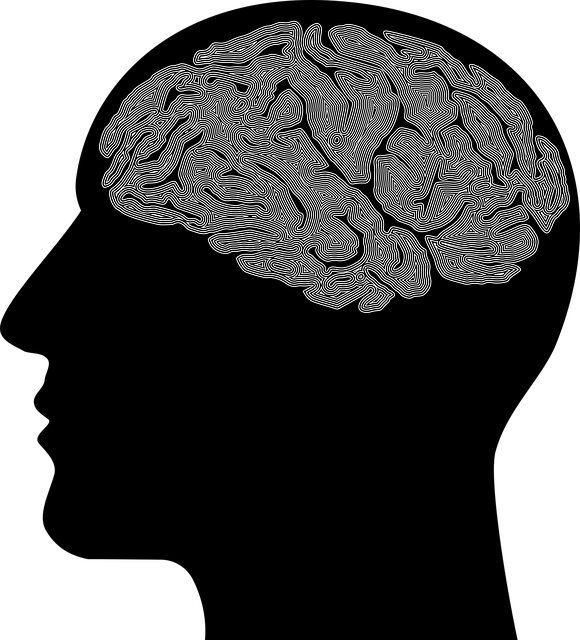Resilience, Flexibility, and Mastery (RFM) combines cognitive processing therapy with experiential learning to enhance young minds' mental well-being through early intervention. CPT equips kids with emotional, thought, and behavioral management skills, addressing key components of their emotional well-being. This approach fosters conflict resolution, healthy coping strategies, and effective self-expression, nurturing social and emotional development while boosting cognitive processing for better academic performance. By integrating RFM into therapeutic practices and education, healthcare providers and educators can prepare young individuals to navigate life's challenges with resilience and adaptability.
Resilience is a vital asset for young minds to thrive in today’s challenges. This article explores the powerful concept of RFM (Recovery, Flexibility, and Mastery), its impact on children’s mental health, and how it can be enhanced through Cognitive Processing Therapy (CPT). We delve into practical exercises that educators and parents can use to foster resilience in kids. Discover why integrating RFM into early childhood education is a game-changer, offering long-lasting benefits for emotional well-being and cognitive development.
- Understanding RFM and Its Impact on Young Minds
- Cognitive Processing Therapy: A Powerful Tool for Resilience Building
- Practical Exercises to Foster Resilience in Children
- The Benefits of Incorporating RFM into Early Childhood Education
Understanding RFM and Its Impact on Young Minds

Resilience is a vital skill for young minds to cultivate, especially in navigating today’s challenges. RFM (Resilience, Flexibility, and Mastery) is an innovative approach that combines cognitive processing therapy with experiential learning to empower children. This method recognizes that children’s mental health is a cornerstone of their overall well-being, and early intervention can have profound effects on their future success.
By integrating RFM into therapeutic practices, healthcare providers can offer targeted support for young patients. Cognitive processing therapy, tailored to this framework, helps children understand and manage their emotions, thoughts, and behaviors. This is particularly beneficial in addressing trauma, anxiety, or stress-related issues that may hinder their development. The Community Outreach Program Implementation can extend these services to diverse communities, ensuring cultural competency training for healthcare providers and Mental Health Policy Analysis and Advocacy to promote accessible care for all.
Cognitive Processing Therapy: A Powerful Tool for Resilience Building

Cognitive Processing Therapy (CPT) is a highly effective approach to fostering resilience in young children. This evidence-based therapy focuses on helping kids understand and manage their thoughts, feelings, and behaviors, which are key components of emotional well-being. By teaching them to recognize and reframe negative thought patterns, CPT empowers children to develop coping mechanisms that enhance their mental wellness.
In the context of burnout prevention strategies for healthcare providers, CPT can also play a significant role in promoting social skills training. It enables children to navigate challenging situations with increased resilience, reducing the risk of developing trauma-related issues. This therapy is particularly valuable as it addresses the root causes of emotional struggles, ultimately contributing to improved mental health outcomes and a more balanced approach to life’s challenges.
Practical Exercises to Foster Resilience in Children

Building resilience in children is a vital aspect of their overall development and well-being. Practical exercises tailored for young minds can significantly enhance their ability to cope with challenges, stress, and adversity. One effective therapeutic approach is Cognitive Processing Therapy (CPT), which focuses on helping children make sense of traumatic or stressful events and develop healthy coping strategies. CPT involves guiding children through cognitive reframing, where they learn to challenge negative thoughts and replace them with more adaptive ones. This process empowers them to manage their emotions effectively.
Incorporating mindfulness meditation into therapy for young children is another powerful tool. Simple breathing exercises and guided visualizations can teach kids how to stay present, calm their minds, and regulate their emotions. Regular practice of mindfulness meditation improves self-esteem improvement and fosters a sense of inner strength. Mental health education programs design activities that encourage open communication about feelings and emotions, allowing children to develop resilience through understanding and managing their mental health from an early age.
The Benefits of Incorporating RFM into Early Childhood Education

Incorporating RFM (Resilience, Flexibility, and Maturity) into early childhood education offers a multitude of benefits for young learners. This approach, often coupled with Cognitive Processing Therapy, helps children develop essential skills to navigate life’s challenges. By engaging in RFM exercises, kids gain better emotional regulation, enhancing their ability to manage stress and anxiety—crucial aspects of their overall well-being. These activities foster conflict resolution techniques and promote healthy coping strategies, enabling children to express themselves effectively while nurturing their social and emotional development.
Moreover, RFM integration into early education contributes to the enhancement of cognitive processing abilities, which are vital for academic success. Through these exercises, young minds learn to adapt to different situations, fostering flexibility in thinking. This adaptability is a powerful tool for stress management, allowing children to approach new tasks with confidence and resilience. By combining emotional well-being promotion techniques with RFM, educators can create an environment that not only nurtures but also prepares young individuals for the complexities of growing up.
Resilience is a vital skill for young minds to navigate life’s challenges. By integrating RFM and cognitive processing therapy into early childhood education, we empower children with effective coping strategies. The practical exercises discussed in this article provide a foundation for building resilience, enabling kids to manage stress, regulate emotions, and foster a positive mindset. This holistic approach to mental health support ensures that therapy for young children becomes accessible and beneficial, ultimately enhancing their overall well-being.
